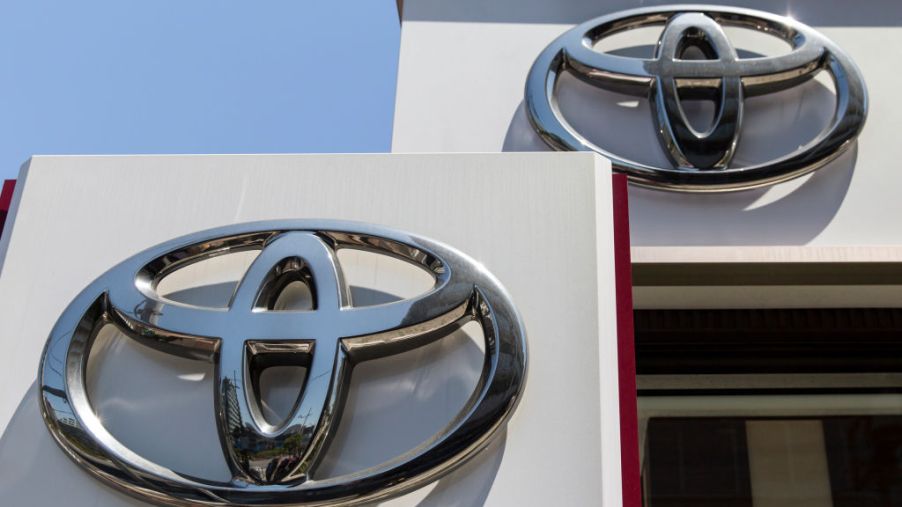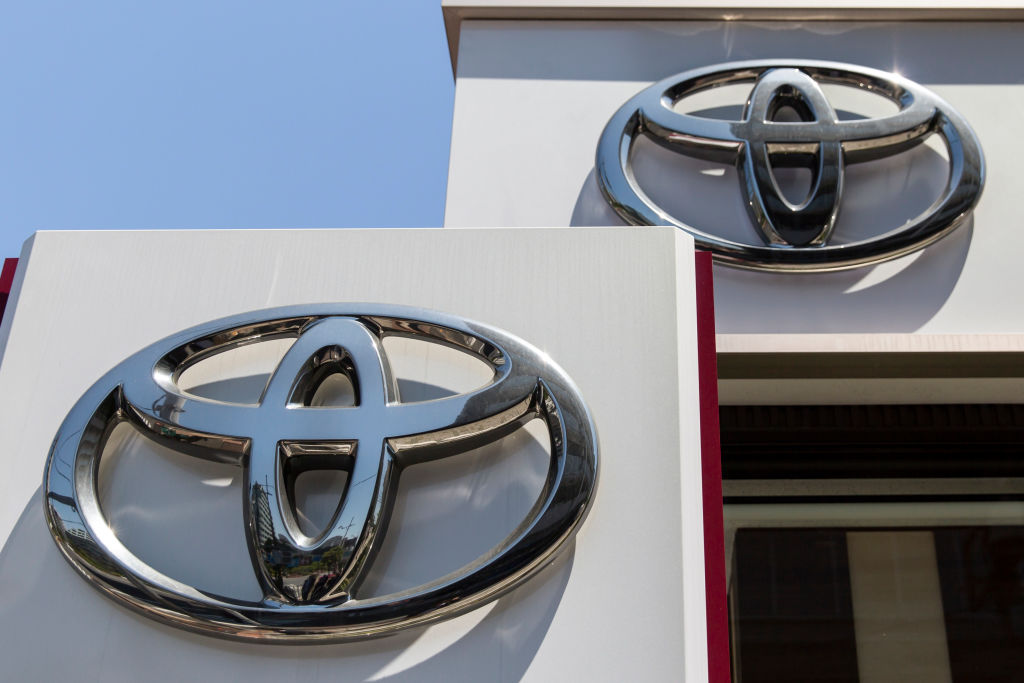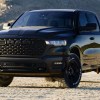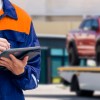
Toyota’s Newest Project Could Its Most Ambitious Yet
Toyota is reinventing the company town. No, seriously. The Japanese automaker is breaking ground on Woven City, a prototype “city of the future” that’s equal parts Disney, Bond villain’s lair, and the Jetsons. Actual Toyota vehicles are not welcome in Woven City – the only vehicles running on the campus will be fully autonomous, zero-emission, driverless pods.
Weaving technology into everyday life

Woven City will sit at the base of Mount Fuji in Japan and spread over 170 acres. Akio Toyoda, president of the company, describes it as a “living laboratory” that will include thousands of residents and will test autonomous vehicles, robotics, personal mobility, smart homes, and artificial intelligence in a real-world environment.
It’s called Woven City because Toyota is integrating three types of streets or walkways into the city. A pedestrian promenade in a park-like setting winds through the city. Another route allows a mix of lower-speed “personal mobility” vehicles – otherwise known as bicycles and scooters – and foot traffic. The third street type would be for those automated pods. No word on where you can garage your Land Cruisers and 4Runners for when you want to leave the city limits.
They are collaborating with Danish architect Bjarke Ingals to design the city. Ingals says that the framework of Woven City can be used as a prototype for new developments but also as a retrofit template for existing metropolises like New York, Tokyo, and Barcelona – “reprogramming” existing streets to balance the needs of people, traffic, and the environment.
Swapping privacy for convenience
Woven City isn’t about cars at all, it’s about designing robots that let you know when you’re running out of cornflakes and that will deliver a new box to you via something like Toyota’s e-Palette, a sort of electric Amazon on wheels. Toyota envisions ultimately having over 2,000 researchers, company employees, and retailers populating Woven City – real-life guinea pigs to test their inventions and load up the e-Palettes for deliveries. There’s no word yet on how to let the robots know you’d prefer a less minty toothpaste.
It’s also about collecting personal information via artificial intelligence on a scale that makes the data Google and Facebook gather look positively bush league. Toyota is developing sensor-based AI that will apparently check your vitals every day to ensure you’re healthy. In-home robots help residents take care of “daily needs” and “enhance daily life”, per Toyota.
They’re not clear on whether this means making beds or helping with homework, but the company also says they are “creating an opportunity to deploy connected technology with integrity and trust.” In reality, cybersecurity experts have serious concerns about privacy and security.
The AI deployed at Woven City will collect and presumably house enormous amounts of personal data. Toyota has yet to address who or what will have access to that data, what resident/participant privacy will look like, or even any non-disclosure agreements that prospective guinea pigs will sign relating to all this information. Toyota’s colleagues in this experiment will presumably be an international bunch, so there is also international law to consider – the EU has much more stringent privacy laws than the U.S., for example.
An attempt to be carbon neutral
On the positive side, Toyota is keen to develop green technologies that lessen or even eradicate your carbon footprint. Buildings in Woven City will be of wood construction, using native Japanese woods and traditional building methods. Power will be generated by solar panels, hydrogen fuel cells, and geothermal energy. Native plants and hydroponics planted throughout the city further Toyota’s green commitment.
Toyota is also recycling an old production plant to build Woven City, so they already own the land and have some infrastructure in place.


